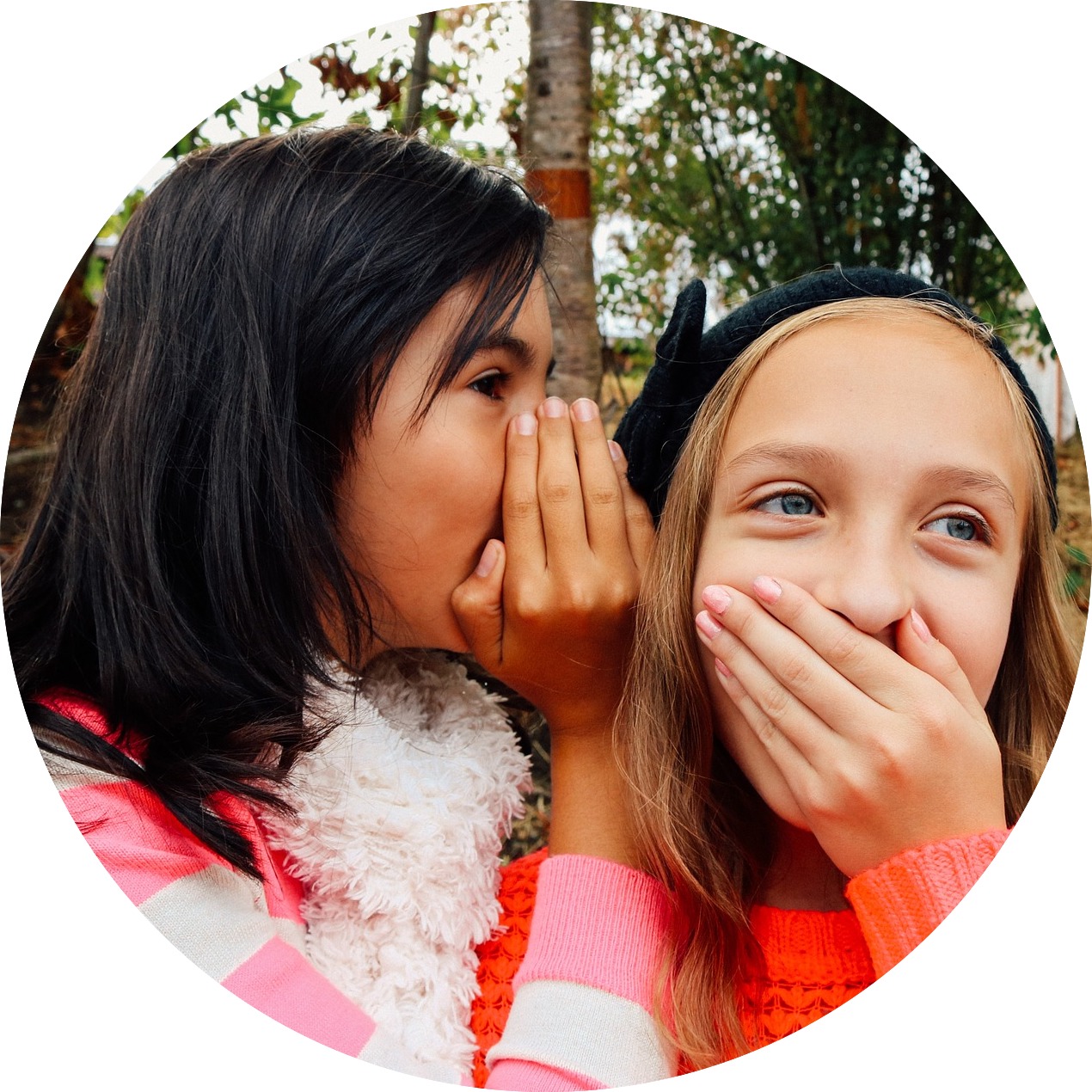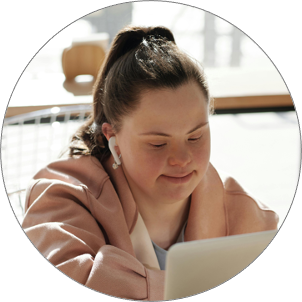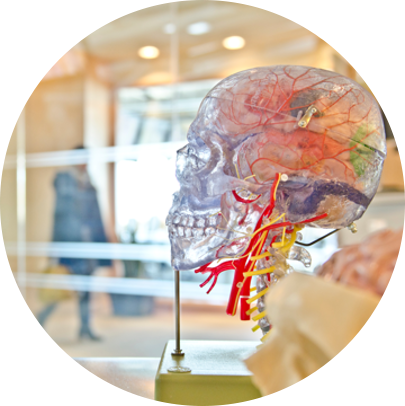Want to be an insider? Here's what the "science of learning" really means
/We love the science of learning. It's fascinating to think about and critical in the classroom. But what does the "science of learning" really mean?
Read on for the inside scoop! (Need a refresher? Quiz yourself!)
P.S. How do you define the "science of learning?" Share with us on Twitter and Facebook, and comment below!
What exactly is the "science of learning?"
Learning is an incredibly complex behavior! But don't let that intimidate you.
The "science of learning" is actually an umbrella term that spans many research fields including psychology, computer science, and neuroscience.
The research we share at retrievalpractice.org comes from the field of cognitive psychology. Cognitive scientists examine behaviors that are “behind the scenes” or inside our heads:
How people pay attention (don't text while driving!)
How people make decisions (good ones and bad ones)
How people remember and learn (facts, stories, and more)
In contrast, research on social-emotional learning (e.g., growth mindsets and character development) comes from the fields of social and personality psychology. These scientists examine behaviors outside our heads:
How people develop relationships
How people are affected by culture
How and why people form stereotypes
At retrievalpractice.org, we use the “science of learning” to refer to inside learning. Learning doesn’t happen in a vacuum. But to transform it, we have to start somewhere. That's why we're dedicated to just one aspect of learning (remembering) and one environment where people learn (the classroom).
So, the next time you're chatting with someone about the science of learning, cognitive science, or retrieval practice, be sure to tell them, "I'm an insider!"
Be an insider: Try it for yourself!
We practice what we preach. That's why we have retrieval practices about retrieval practice! Check out our no-stakes quizzes on retrieval, spacing, interleaving, feedback, multiple-choice questions, brain dumps, and more.
The best way to learn about the science of learning? Try it for yourself!





















